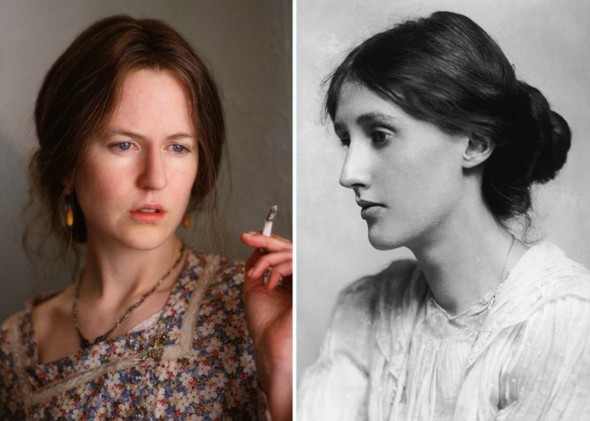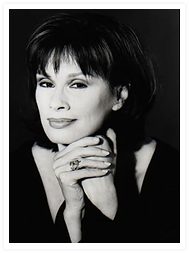Jeff Bridges said when he was creating the country singer in the film “Crazy Heart,” for which he won an Academy Award, that he wanted to move past himself and his own concept of things in order to reach something beyond that was the character’s. He went on to say that “great acting is not self-conscious but a result of a seamless transformation into someone else.”
Meryl Streep told a story about working with Robert De Niro when making “Falling in Love.” She said she watched her friend weighing how high the zipper on his character’s windbreaker should be during a wardrobe test: “Up. No, down. Down…yeah…no! Yeah, down,” he said. “Details are important,” Streep noted in an LA Times article.

Photo via Paramount Pictuers, George Charles Beresford/Wikimedia Commons
Nicole Kidman, in a New York Times article, spoke of making the transformation into the character of Virginia Woolf in a couple of ways. She did enormous amounts of preparation but ultimately found the character more specifically by learning to roll her own cigarettes, as the character did, and by discovering a little hankie placed in the pocket of a dress by the costume designer.
When asked about performing Willy Loman in the Broadway revival of “Death of a Salesman,” Philip Seymour Hoffman said this: “I tell you, it’s not the first thing that you want to do when you wake up in the morning. You have to find your way there, every morning, to do that. You have to find the reason why, and you have to find the will to do it, and then you do. And then you’re reminded why you do, because you finish and—whether it went well or not—you hope that some people will find it satisfying and memorable.”
Later in this same New York Times article, he said this. “You go into any role asking a question, accumulating half-answers, partial answers, full answers, and then different questions come to you—and through it all you have got to trust your instincts, which is a private process.”
As actors, you have to each find your own way through your own process of becoming your character and “making a seamless transformation into someone else.” If you do it well, you’ll have an opportunity to move an audience in a way they won’t easily forget. And at the end of the day, that’s your legacy.
